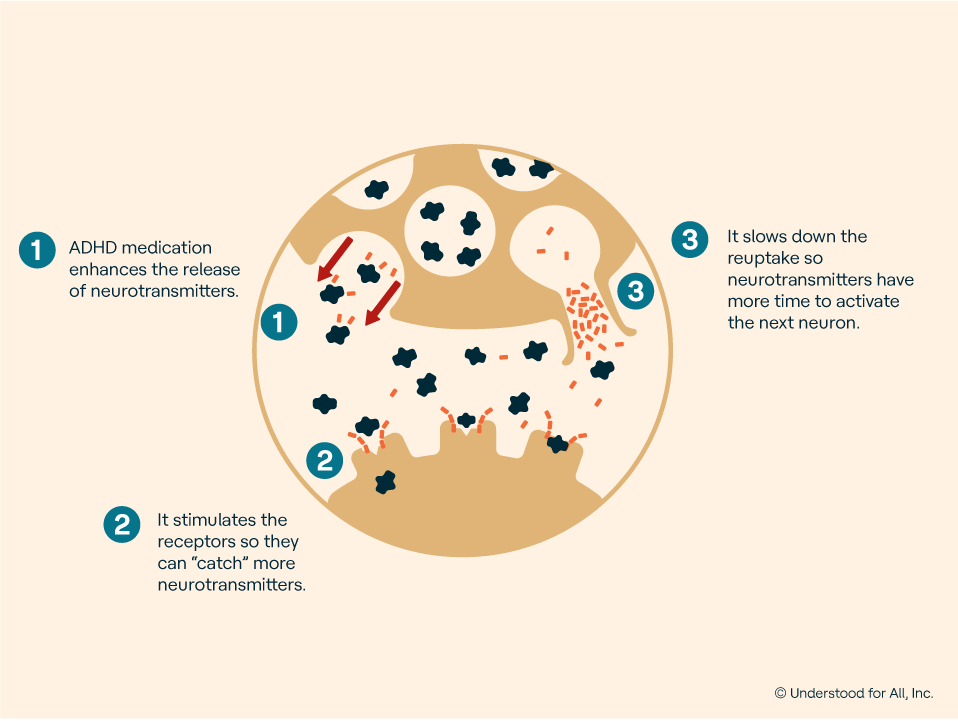Behavioral Health Services Available for Focused Wellness
Behavioral Health Services Available for Focused Wellness
Blog Article
Your Guide to Discovering the Right ADHD Treatment for Long Lasting Results
Browsing the complexities of ADHD therapy requires a nuanced understanding of both the condition and the myriad choices offered for reliable management. It is necessary to recognize that what jobs for one person may not always produce the same outcomes for one more.
Recognizing ADHD and Its Effect

In grownups, ADHD can lead to difficulties in workplace settings, affecting performance, time monitoring, and social relationships. Typically, undiagnosed or improperly managed ADHD can add to co-occurring mental health and wellness concerns, such as anxiety and depression, more complicating a person's total well-being.
The social understanding of ADHD can vary, resulting in preconception and misconception, which might impede people from seeking help. As understanding grows, it is necessary to cultivate an atmosphere that advertises understanding and support for those influenced by ADHD, highlighting the demand for accurate medical diagnosis and customized techniques to mitigate its impact on daily life.
Overview of Treatment Choices
An extensive strategy to dealing with ADHD includes a variety of alternatives customized to the individual's one-of-a-kind needs. These choices can broadly be categorized into behavioral interventions, psychoeducation, and way of living adjustments, together with medicinal treatments that may be explored later.
Behavioral interventions, such as cognitive-behavioral therapy (CBT), emphasis on customizing specific behaviors and creating coping techniques to take care of signs effectively. Psychoeducation plays an important function in empowering both individuals and their families by offering information regarding ADHD, its difficulties, and effective methods for assistance.
Lifestyle adjustments can considerably impact ADHD monitoring. Normal exercise, a balanced diet plan, and appropriate rest add to overall health and symptom control. Mindfulness methods and leisure strategies can likewise improve focus and minimize impulsivity.
Support groups and family members treatment can promote a sense of community and understanding, assisting people feel less separated in their experiences. Each treatment alternative should be taken into consideration combined with the individual's choices and conditions, making sure an alternative approach that advertises long-term success. Ultimately, the goal is to produce an individualized therapy plan that attends to the specific difficulties connected with ADHD while boosting total lifestyle.
Drug: Advantages And Disadvantages
Medicine plays a pivotal duty in the therapy of ADHD, with countless choices available that can considerably relieve symptoms for many people. Energizers, such as methylphenidate and amphetamines, are typically prescribed and have revealed effectiveness in boosting focus, minimizing impulsivity, and improving general habits. These drugs function by boosting dopamine and norepinephrine degrees in the mind, which are often dysregulated in those with ADHD.
Nevertheless, making use of drug is not without its challenges. Some individuals may experience negative effects, consisting of insomnia, decreased hunger, or increased anxiety. Finding news the best dose can be a trial-and-error process, calling for close monitoring by health care specialists. Furthermore, not all individuals reply to energizer drugs, leading some to explore non-stimulant choices, which might have a postponed beginning of action or various negative effects.
It is important for people and their family members to evaluate these benefits and drawbacks meticulously. Stabilizing the benefits of symptom administration versus potential side results is critical for achieving ideal treatment outcomes. Cooperation with medical care providers can promote educated decisions, making certain that drug is part of a comprehensive ADHD management plan.
Behavior Modification Strategies

One frequently employed method is Cognitive Behavior Therapy (CBT), which aids individuals identify and change adverse thought patterns that contribute to ADHD-related difficulties. Therapist for ADHD. With CBT, clients discover to set realistic goals, take care of time properly, and develop organizational systems
Another reliable technique is Parent Management Training (PMT), which educates moms and dads on exactly how to enhance favorable behaviors and lower negative ones with consistent technique and communication strategies. This strategy promotes an encouraging home atmosphere that encourages behavioral renovations.
Social skills training is also essential, aiding people with ADHD browse social communications better. Role-playing and modeling ideal habits can improve social competence and minimize anxiety in social situations.
Way Of Living Adjustments for Better Administration
Just how can way of life adjustments dramatically boost the management of ADHD signs and symptoms? Implementing tactical way of living alterations can lead to considerable enhancements in focus, company, and psychological policy for people with ADHD.
First of all, establishing an organized everyday routine helps in producing predictability, which can ease sensations of bewilder. Consistent routines for meals, research, and rest can boost everyday functioning.
Including regular exercise is likewise essential, as workout has actually been shown to boost dopamine levels, enhancing interest and motivation (Therapist for ADHD). Going for at the very least 30 minutes of moderate exercise most days can be valuable
Nutrition plays a crucial role. A balanced diet plan abundant in omega-3 fatty acids, whole grains, and healthy protein can support cognitive function. Restricting anonymous processed sugars and caffeine may minimize signs, as these can result in energy crashes and go to these guys impatience.
Verdict
In final thought, finding the appropriate ADHD therapy requires a complex strategy that takes into consideration individual demands and preferences. A combination of medication, behavior modification, and way of living adjustments can dramatically improve signs and symptom monitoring and general wellness. Participating in psychoeducation and developing organized routines even more supports efficient therapy strategies. Partnership with medical care specialists and open communication with support networks are vital parts in navigating the intricacies of ADHD management, eventually resulting in enduring results and boosted quality of life.
Report this page